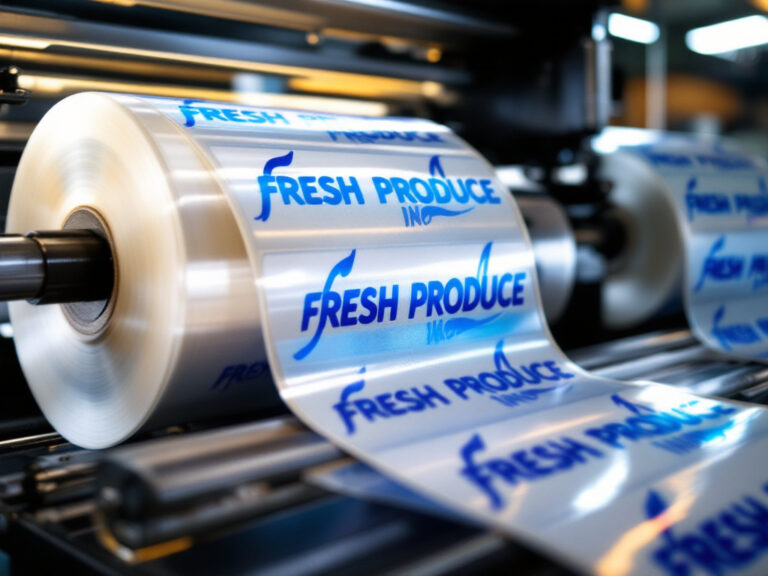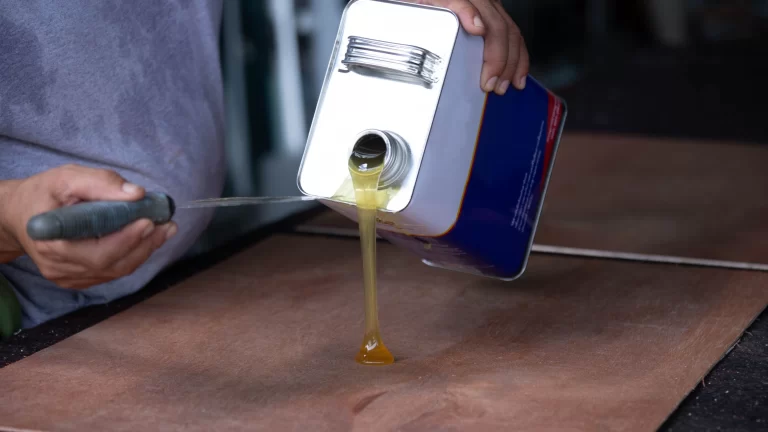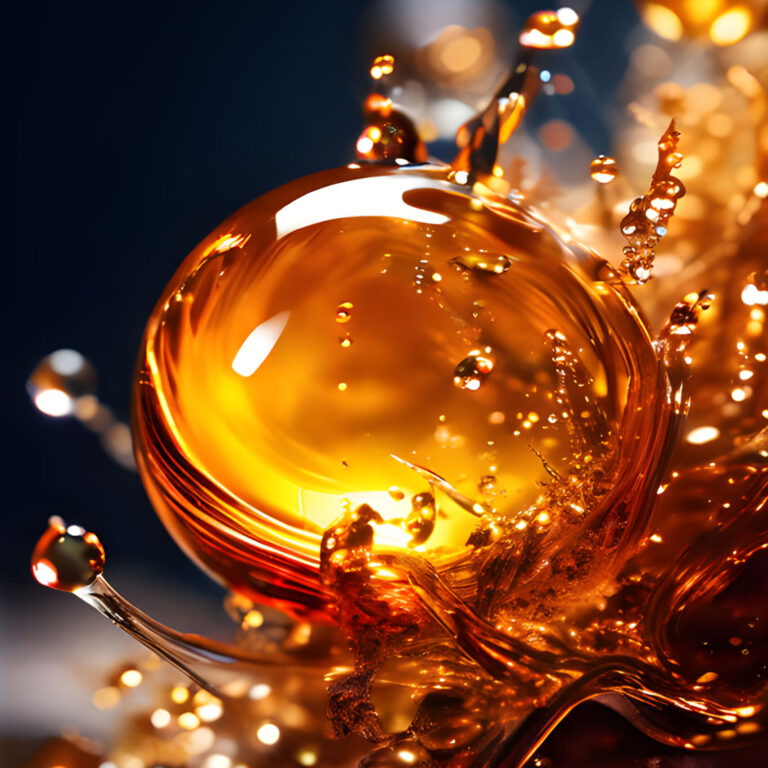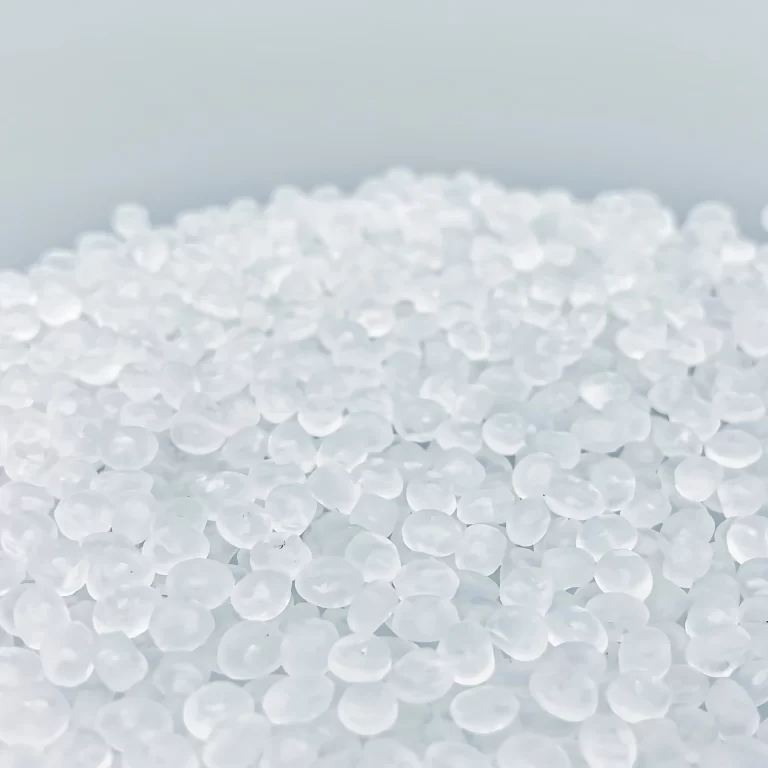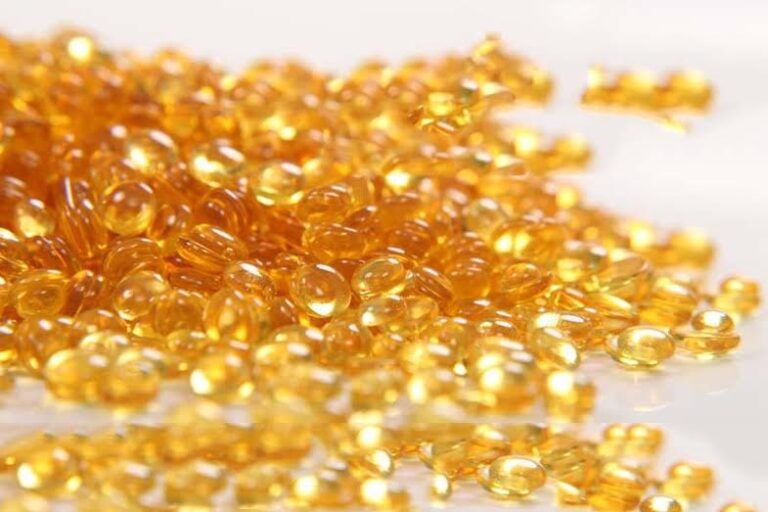Aliphatic polyurethane resin is a versatile material widely used across various industries due to its excellent durability, flexibility, and resistance to UV light. This article explores the production process of aliphatic polyurethane resin, its key properties, and its numerous applications.
What is Aliphatic Polyurethane Resin?
Aliphatic polyurethane resin is a type of polyurethane that is synthesized using aliphatic isocyanates. Unlike aromatic polyurethanes, aliphatic polyurethanes are highly resistant to yellowing when exposed to sunlight, making them ideal for outdoor applications. This unique property is due to the stable chemical structure of the aliphatic isocyanates used in its production.
Production of Aliphatic Polyurethane Resin
The production process of aliphatic polyurethane resin involves a chemical reaction between polyols and aliphatic isocyanates. This reaction produces a polymer that can be tailored to specific needs by adjusting the types and ratios of polyols and isocyanates. The result is a resin with customizable properties such as hardness, flexibility, and chemical resistance.
For a more detailed understanding of the polyurethane resin production process, you can visit this comprehensive guide on polyurethane dispersion.
Key Properties of Aliphatic Polyurethane Resin
- UV Resistance: One of the standout features of aliphatic polyurethane resin is its resistance to UV light, which prevents discoloration and degradation over time.
- Durability: It offers high resistance to abrasion, chemicals, and environmental factors, making it suitable for long-term use in harsh conditions.
- Flexibility: This resin maintains its flexibility across a wide range of temperatures, ensuring performance stability in various applications.
Applications of Aliphatic Polyurethane Resin
Thanks to its unique properties, aliphatic polyurethane resin is used in a variety of industries. Some of its most common applications include:
- Coatings: Due to its excellent UV resistance, aliphatic polyurethane resin is widely used in protective coatings for buildings, vehicles, and other outdoor structures. These coatings help preserve the aesthetic and structural integrity of surfaces exposed to sunlight.
- Printing Inks: The flexibility and durability of aliphatic polyurethane resin make it an ideal component in printing inks, especially for packaging materials that require high resistance to wear and environmental factors. To explore more about its use in coatings and printing inks, check out this detailed article on polyurethane resin applications.
- Adhesives: Aliphatic polyurethane resin is also a key ingredient in high-performance adhesives. Its ability to bond with a wide range of materials and its resistance to environmental stressors make it ideal for industrial and consumer adhesives.
- Sealants: The flexibility and chemical resistance of aliphatic polyurethane resin make it a preferred choice for sealants used in construction and automotive industries.
For more information on the various types of resins, including aliphatic polyurethane resin, you can explore the full range of resins available.
Conclusion
Aliphatic polyurethane resin is an essential material with a wide array of applications due to its UV resistance, durability, and flexibility. Whether used in coatings, printing inks, adhesives, or sealants, this resin plays a crucial role in enhancing the performance and longevity of products exposed to harsh environments.
If you’re interested in exploring more products or learning about the latest developments in resin technology, visit UNIVO product catalog and stay updated with the latest industry insights.
By understanding the production and applications of aliphatic polyurethane resin, businesses can make informed decisions on how to utilize this versatile material in their products and processes.

